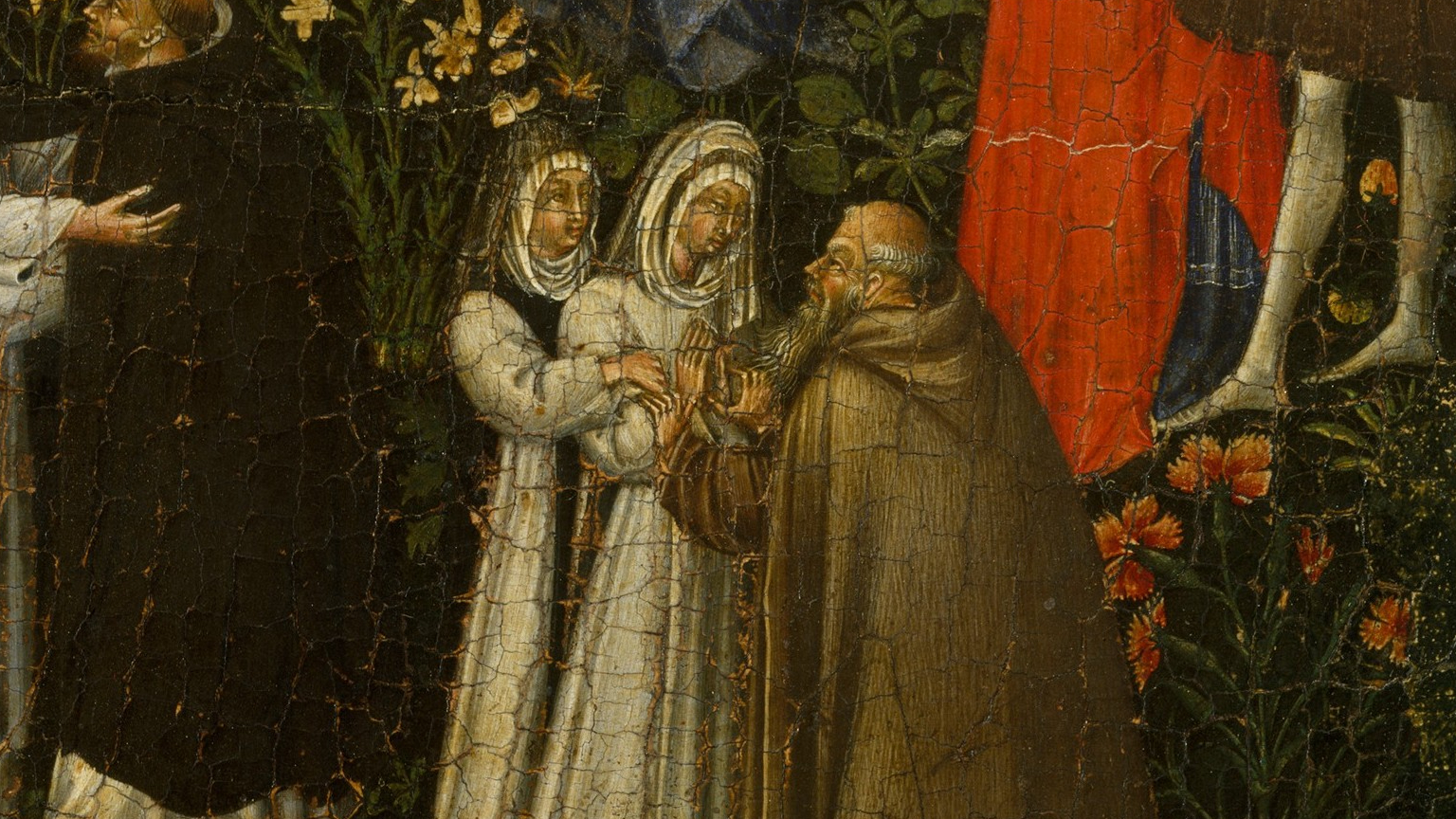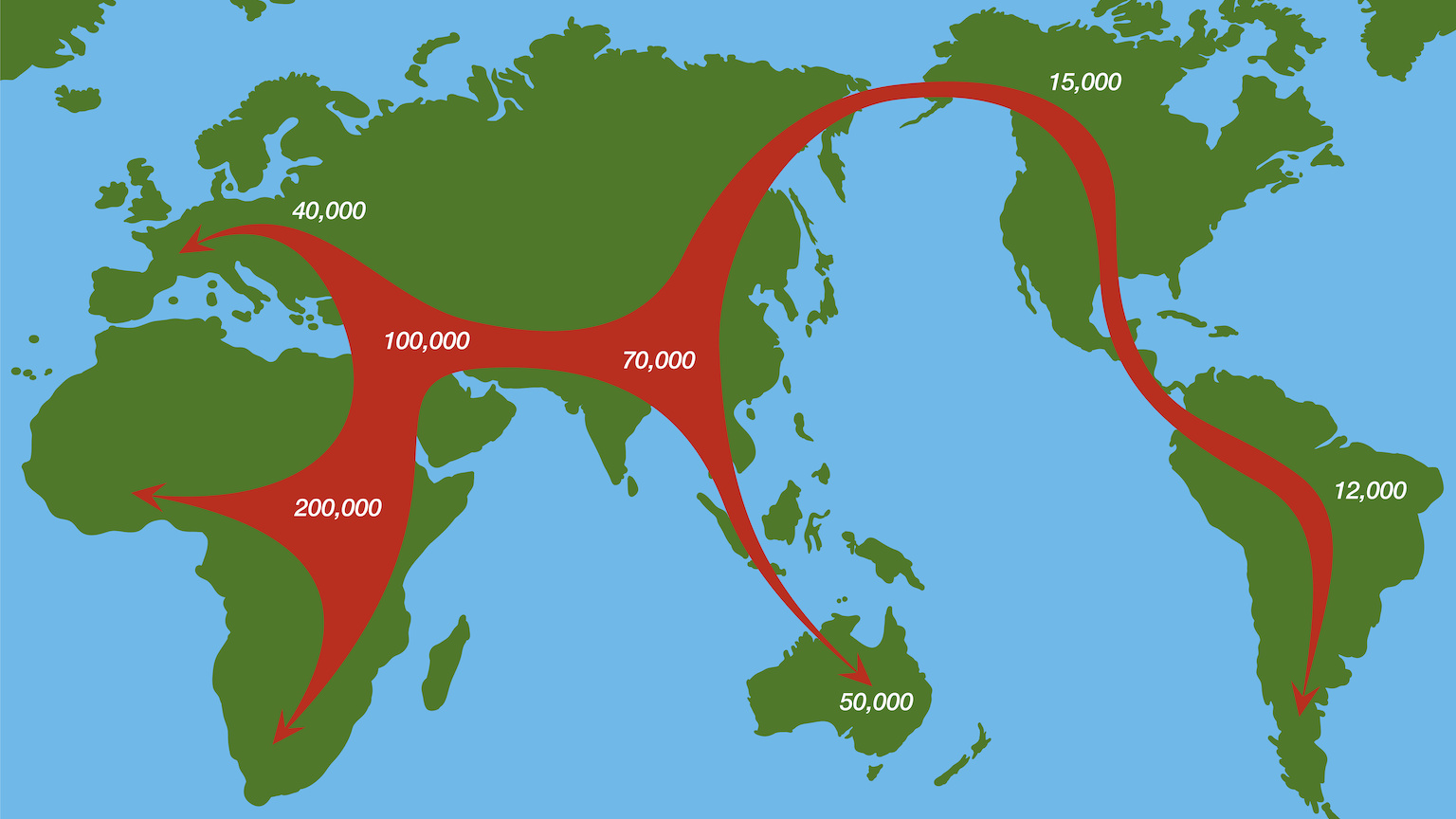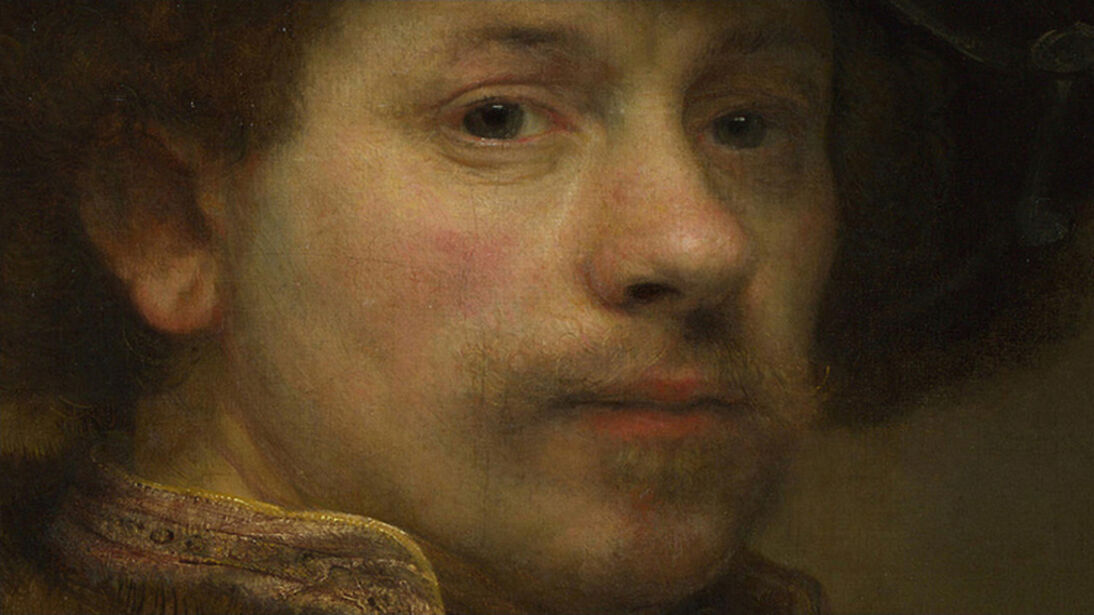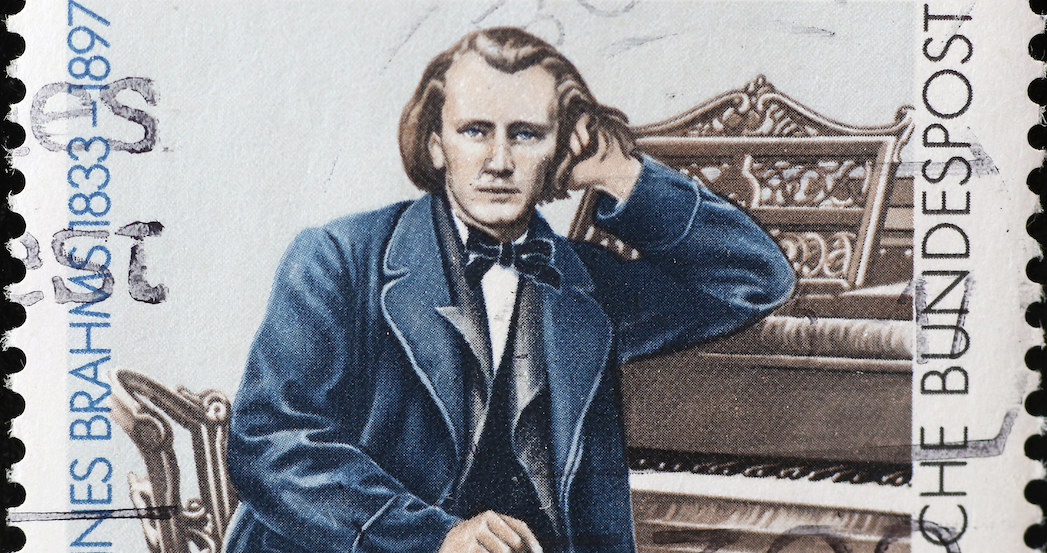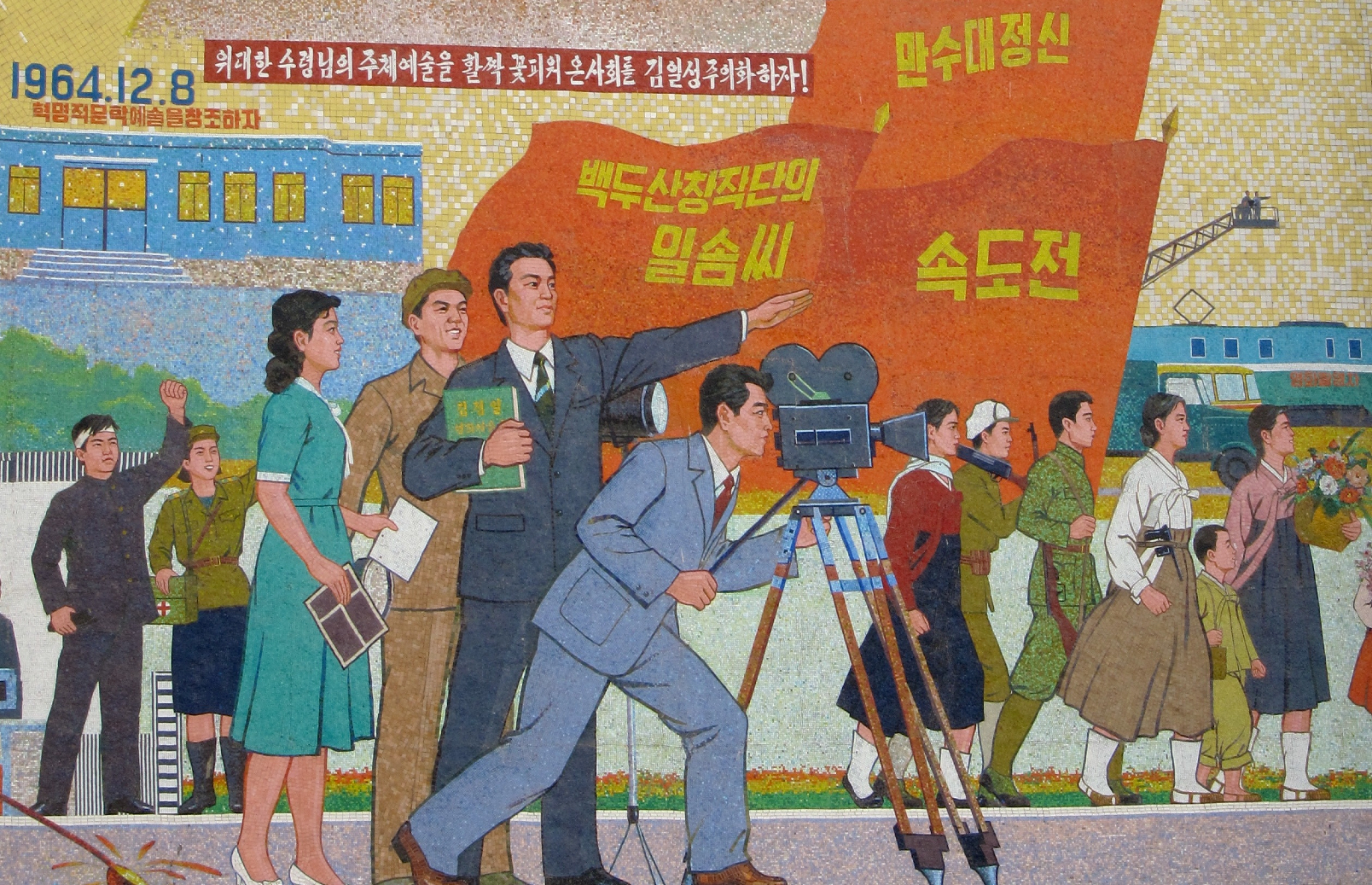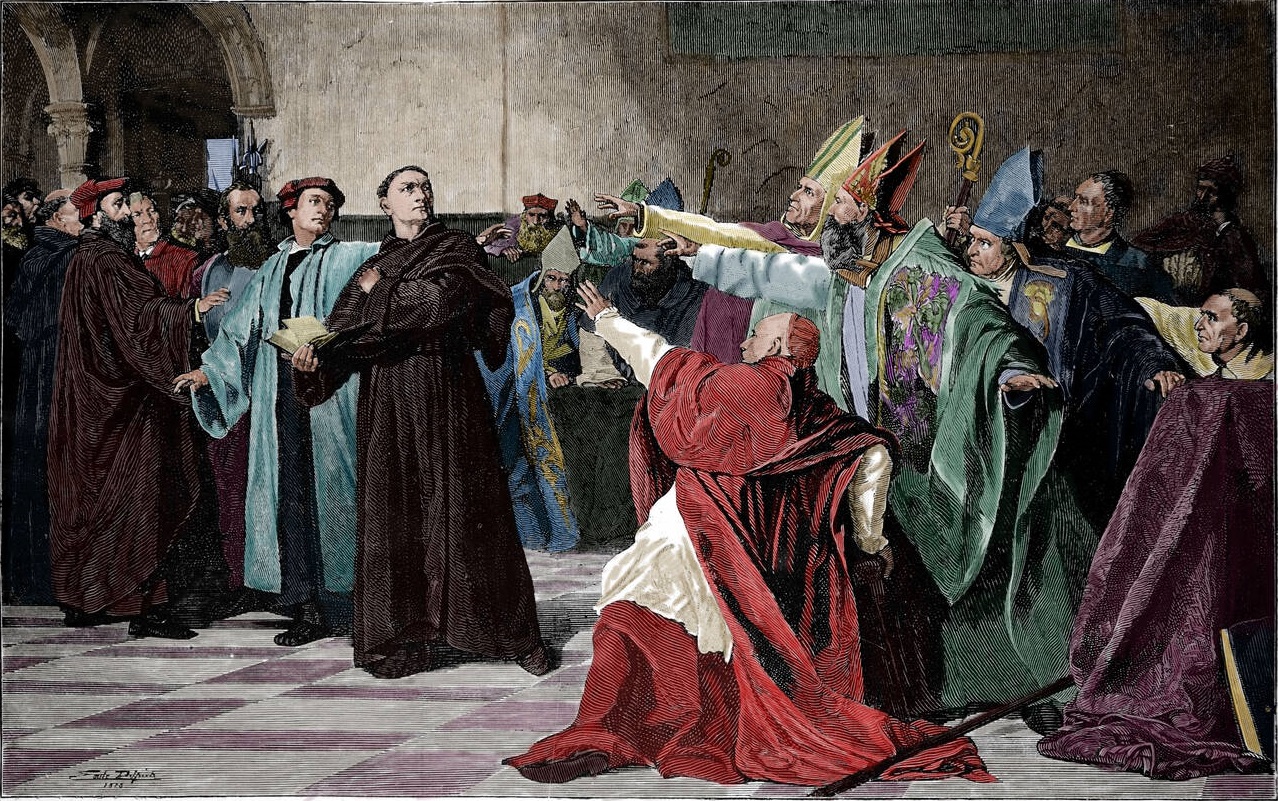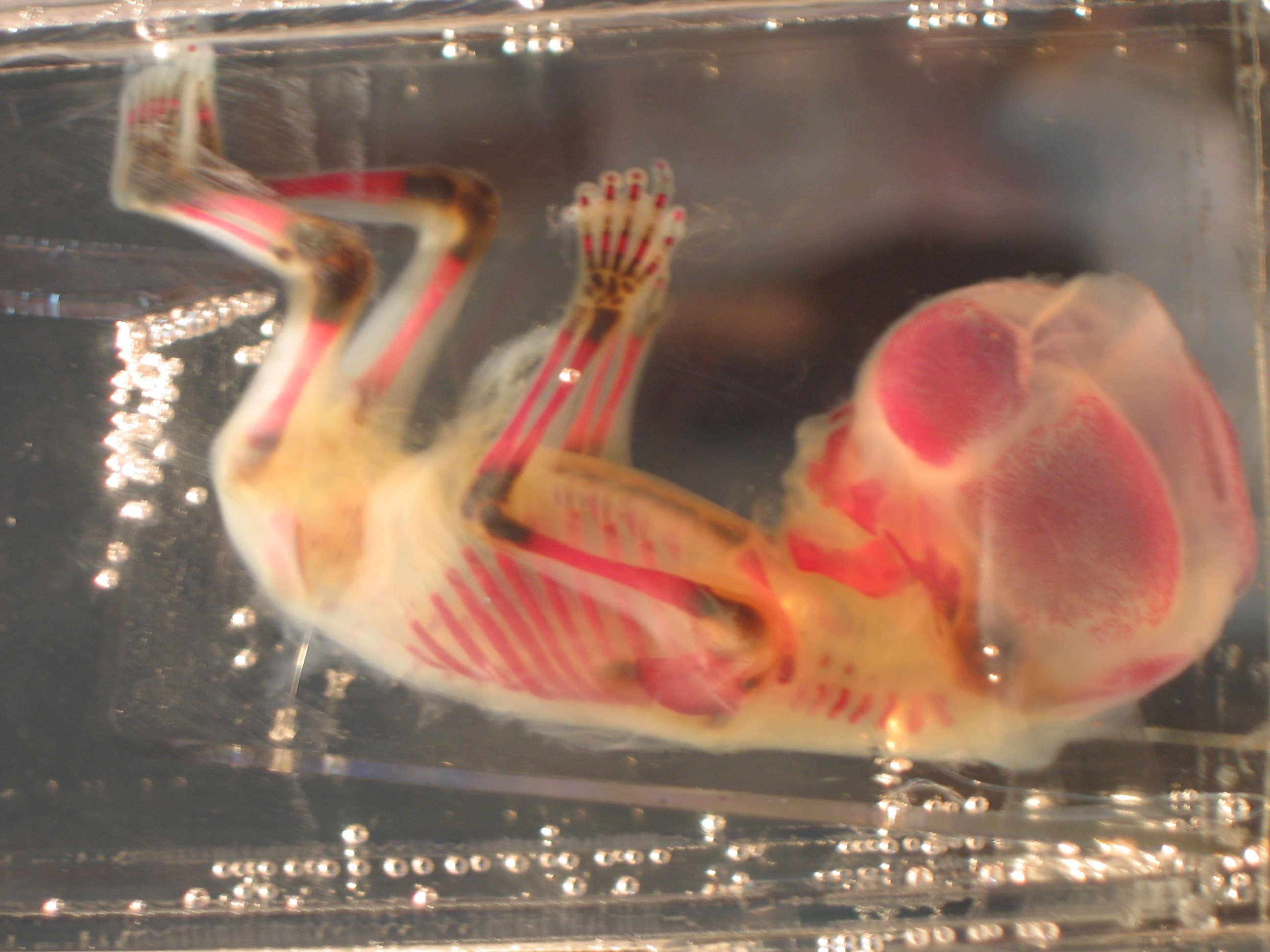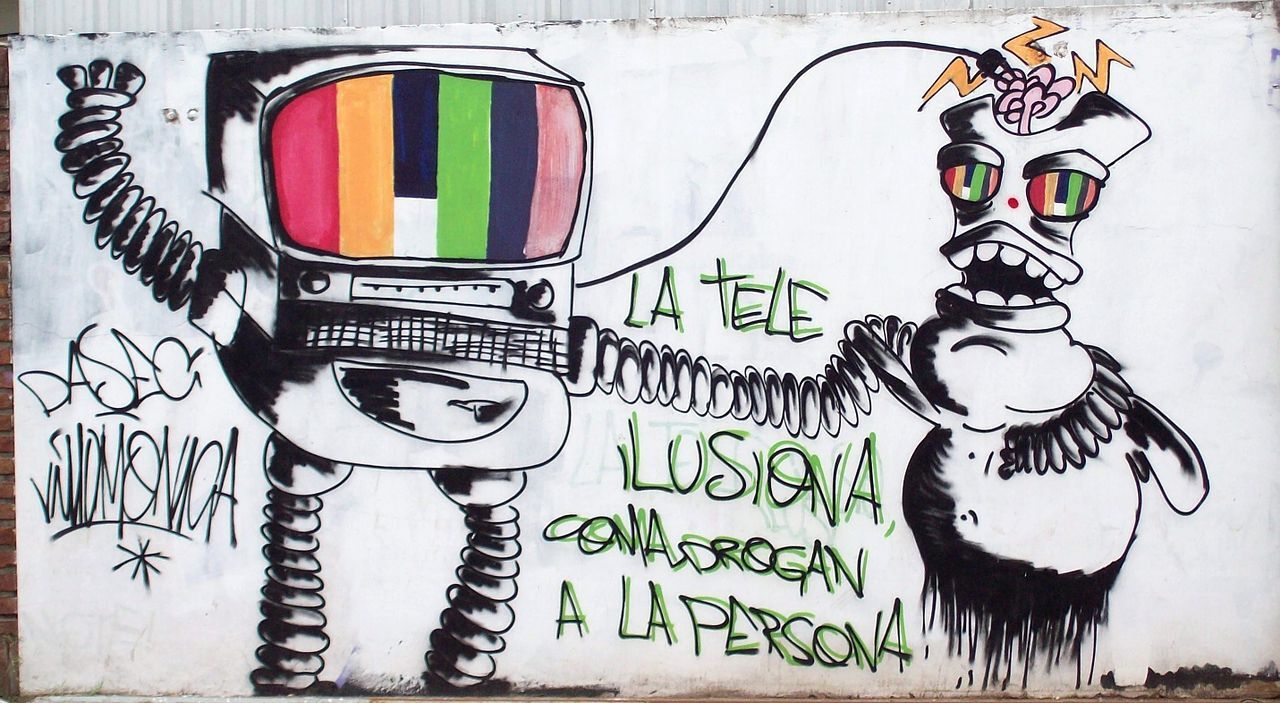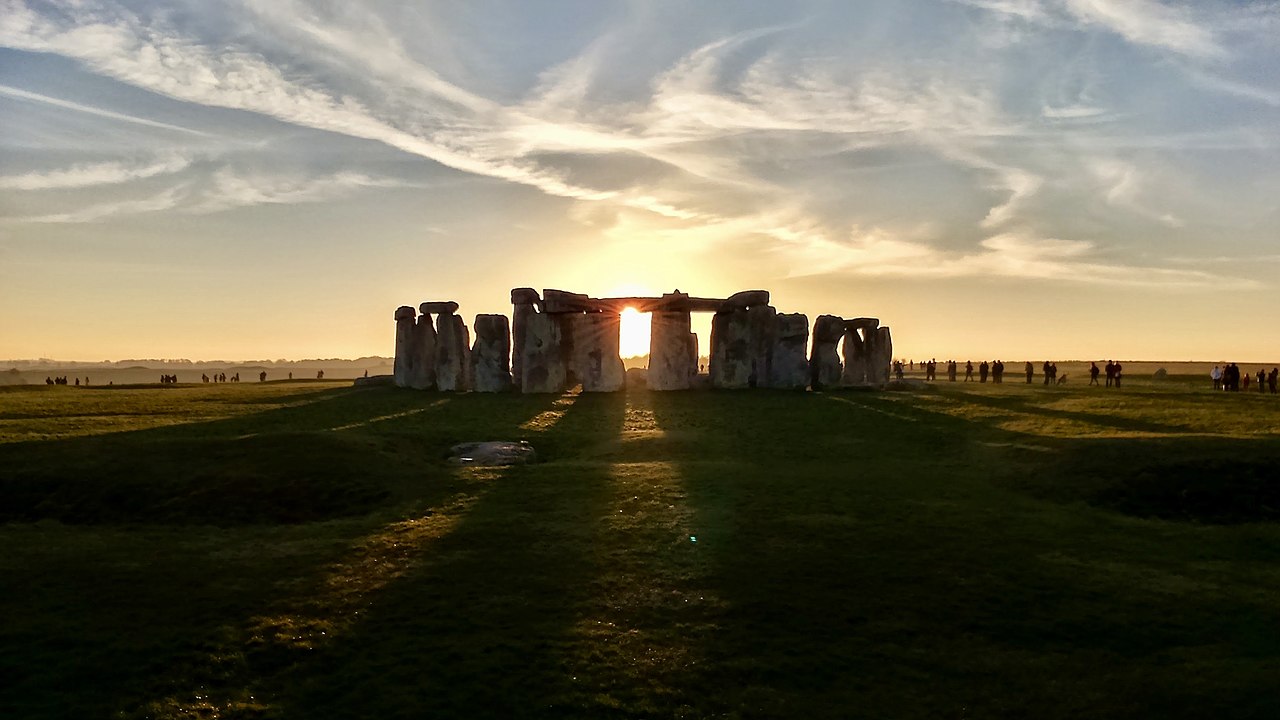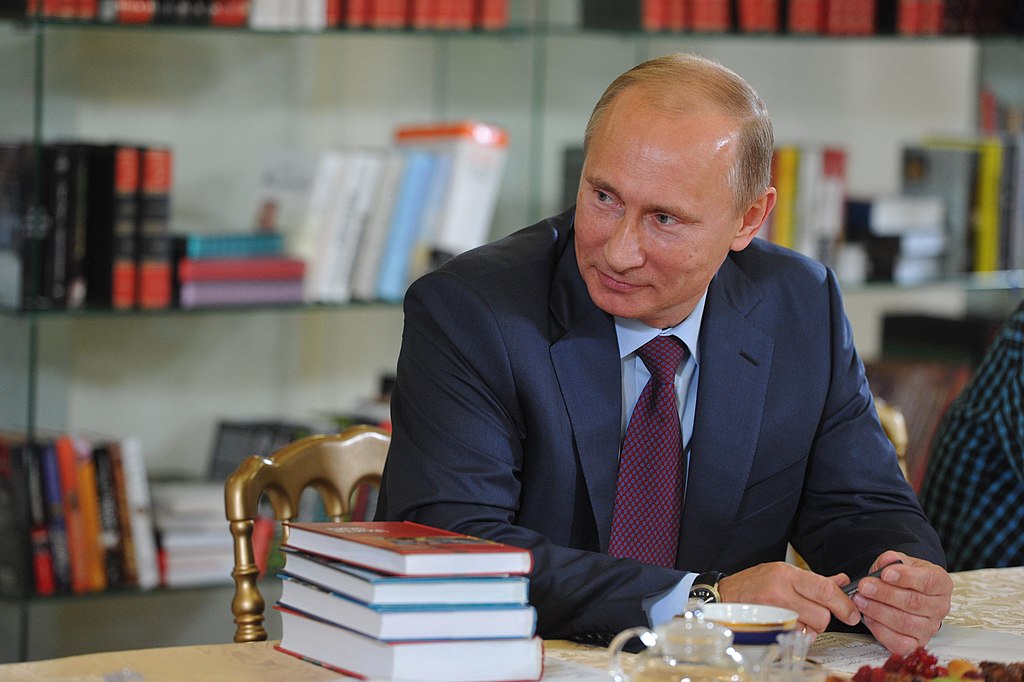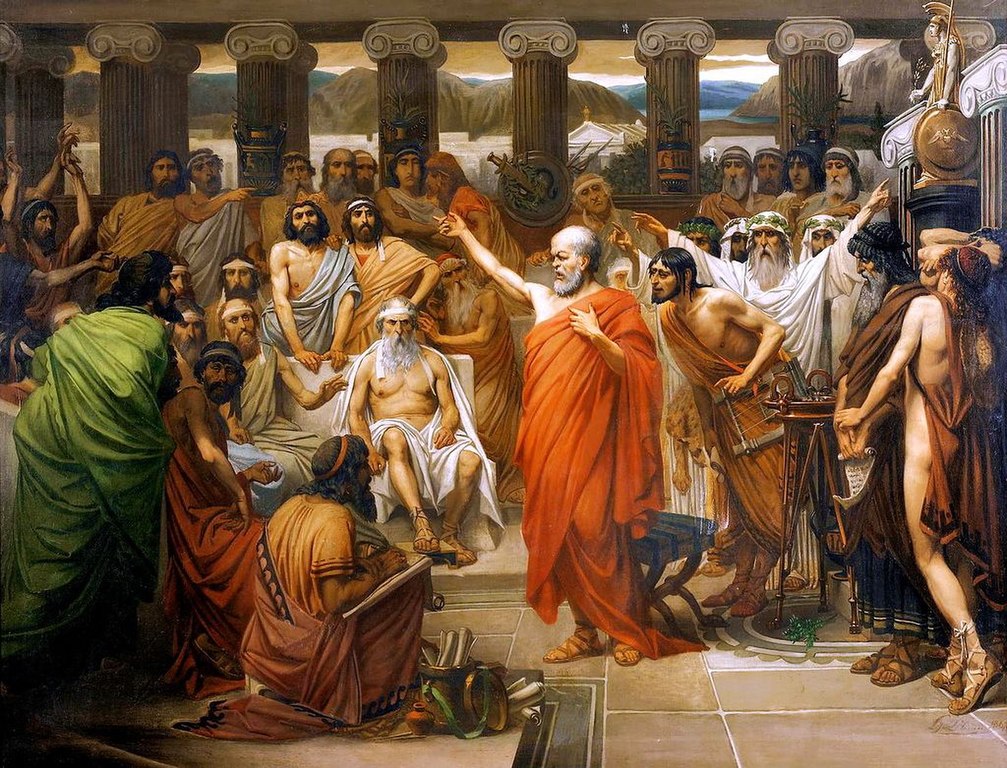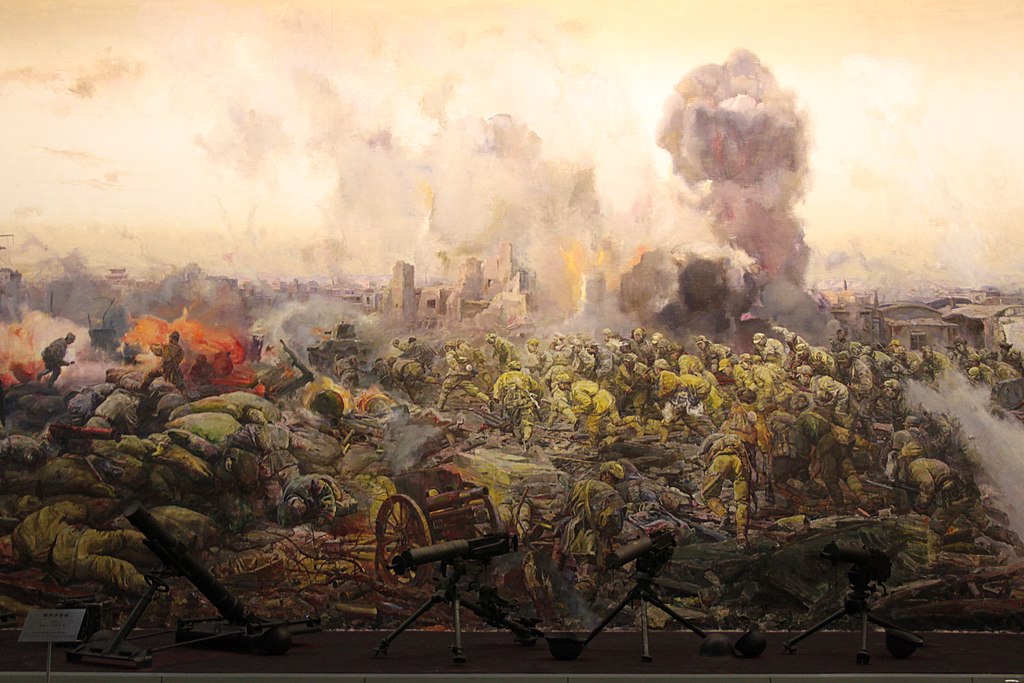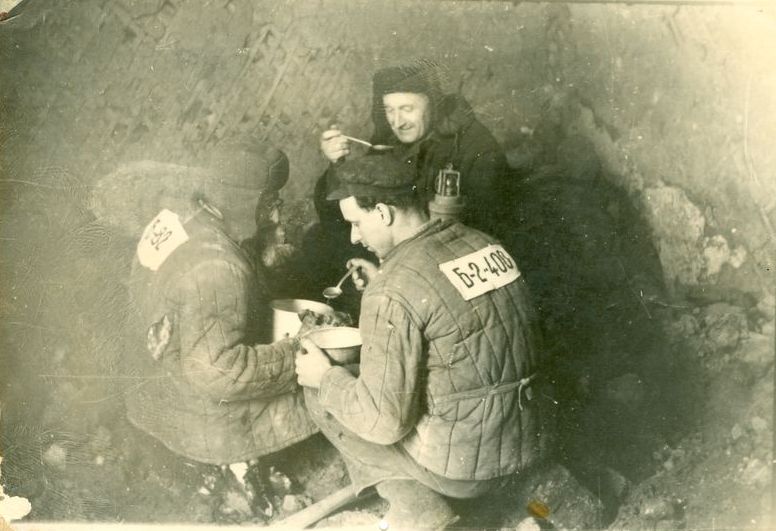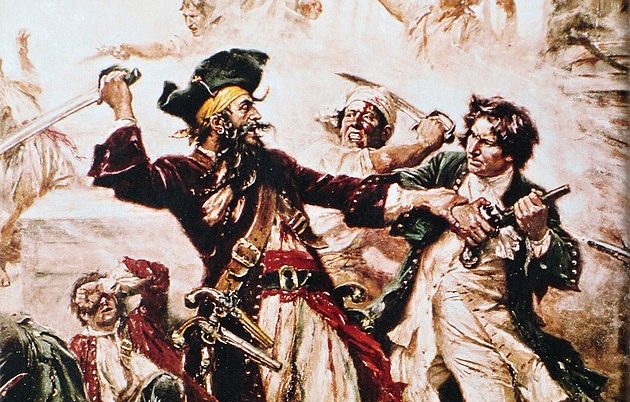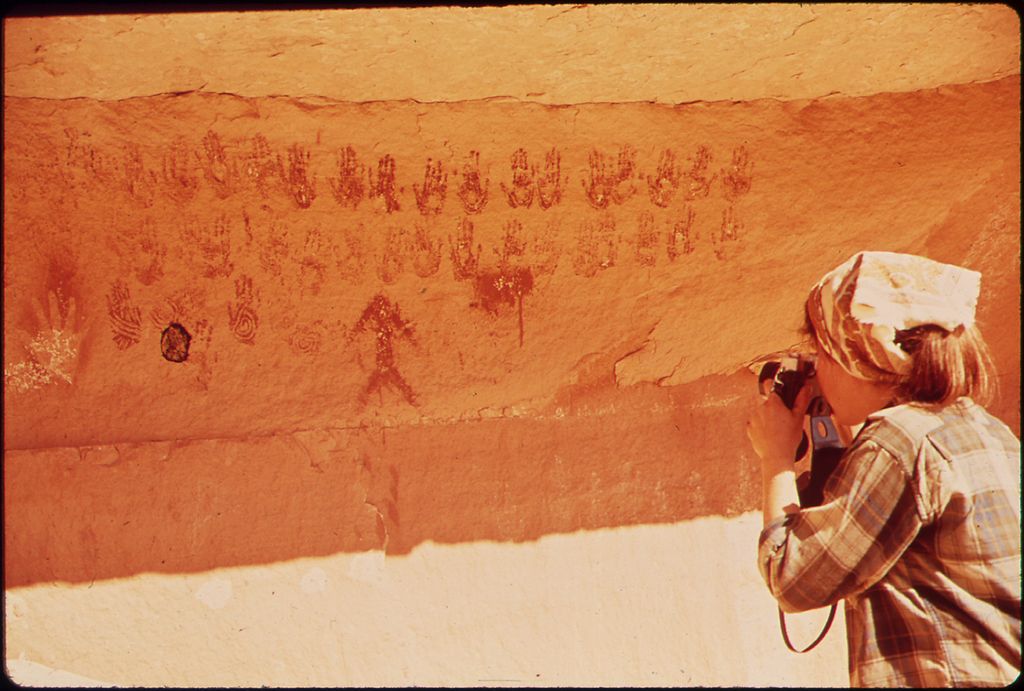Tim Brinkhof
Tim Brinkhof is a Dutch-born, New York-based journalist reporting on art, history, and literature. He studied early Netherlandish painting and Slavic literature at New York University, worked as an editorial assistant for Film Comment magazine, and has written for Esquire, Film & History, History Today, and History News Network.

The Mayan calendar is revered for its impeccable accuracy. Now, a recent excavation in Guatemala reveals how the system developed over time.
It doesn’t matter how ridiculous a lie is. As long as it is repeated often enough, some people will believe it.
A toxicological study shows that the victims of human sacrifice consumed coca leaves and ayahuasca before they were killed, but not for reasons we originally thought.
Some question the ethics of sanctions aimed at cancelling Russian art and culture and punishing ordinary citizens.
“Immodest Acts” tells the story of Benedetta Carlini, a lesbian nun who claimed to be a mystic visionary but failed to convince the leaders of her faith.
Archaic humans ventured into Eurasia in waves, not always successfully. They may have started their journey in North Africa or West Asia.
The Assam stone jars were described as early as 1929. Almost a century later, archaeologists still puzzle over their placement and purpose.
Frank Slater’s book “Practical Portrait Painting” reveals the secrets of masters old and new, from Leonardo da Vinci to Augustus John.
The “Clovis First” hypothesis for human settlement of North and South America has just been debunked. Where do we go from here?
Most cities reeked of death, defecation, and industrial waste. Still, focusing only on stench means turning a blind eye (or nose) to the many other smells that helped shape human history.
From Brahms to Tchaikovsky, here’s a curated list of composers whose music has shaped the classical canon.
While there is more to North Korean cinema than meets the eye, the country’s film industry ultimately amounts to little more than a mouthpiece for the ruling Kim dynasty.
By toppling medieval Europe’s mightiest political power, the Protestant Reformation ushered in a new age of freedom, religious and otherwise.
Far from being inappropriate, many of the most controversial acceptance speeches highlighted important issues in the film industry.
Every year, scientists like George Church get better at editing the genomes of human beings. But will genome editing help or hurt us?
At the Great Lakes Shipwreck Historical Society in Michigan, retrieving sunken vessels is the order of the day. Here’s how they do it.
Memes communicate complex ideas quickly and efficiently, but that’s precisely what makes them so dangerous.
Researchers speculate the famous monument was one of the world’s first solar calendars, possibly inspired by trade with ancient Egyptians.
Vladimir Putin adores Fyodor Dostoevsky. A close reading of the legendary author’s texts reveals the feeling might have been mutual.
Socrates lived during a time when people did not strive to separate fact from fiction. So how much of what we know about Socrates is true?
In theory, history is the sum of everything that ever happened; in practice, it’s a story we tell ourselves to make sense of and justify our actions in the present.
One particular revolution was so important, that at least one historian thinks the 20th century officially began in 1914 and ended in 1991.
Movie soundtracks don’t just help us recall the plot of a film; they also allow us to better understand its meaning.
Soviet researchers studied crime through a Marxist-Leninist lens. Under Lenin, a humanitarian approach to criminality briefly emerged, but dissipated when Stalin rose to power.
About 150 million years ago, a long-necked sauropod came down with a respiratory infection. The rest is history…or is it?
A study proposes that an ancient trading network, called the Hopewell tradition, may have been wiped out by what is known as a cosmic airburst.
When Saint Ambrose of Milan was venerated, his life became public property, its meaning expanding with the unique interpretations of each new generation.
Many first-hand accounts from the golden age of piracy were grossly embellished, meaning it’s extremely difficult to separate Blackbeard the legend from Edward Thatch the person.
For a long time, important events could only be visualized retroactively through paintings. Photography allowed us to capture history as — or sometimes even before — it happened.
Elephants mourn the dead, dolphins give names to each other, and insects can recognize faces. The animal world is much smarter than we think.




